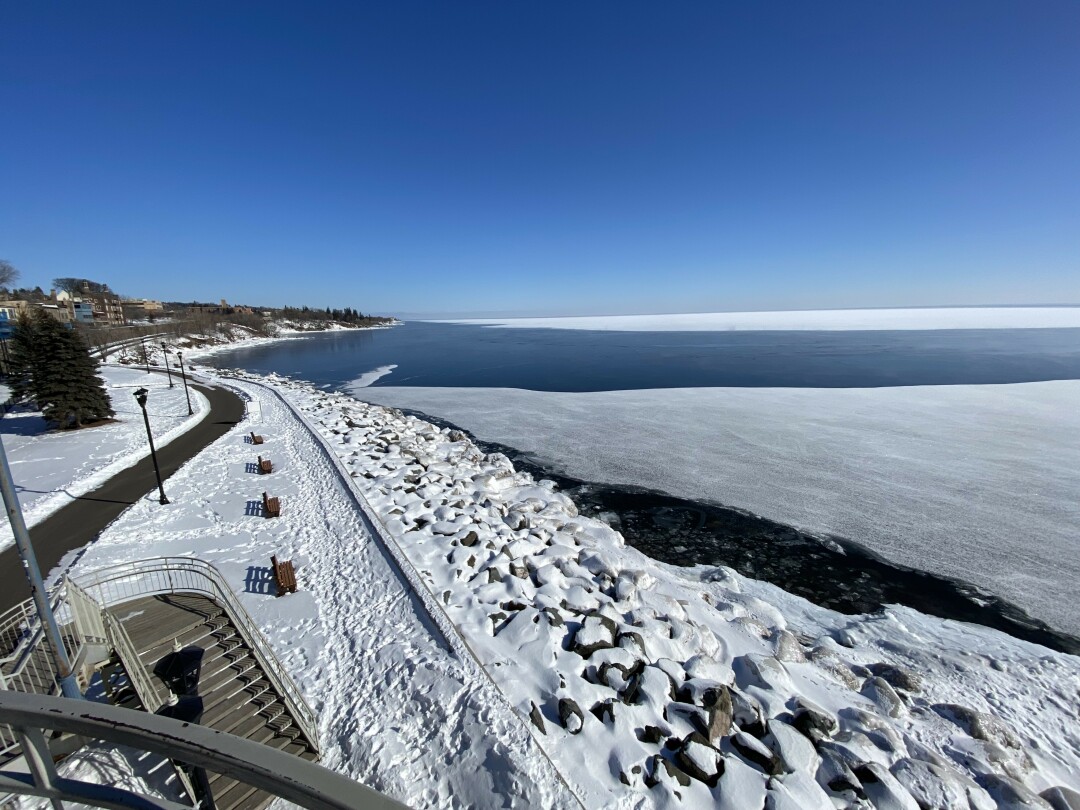News & Articles
Browse all content by date.

Photo by Richard Thomas
If I choose to walk to the grocery store or pharmacy instead of driving a car, how do I see our city?
If I choose to spend some time outside each day instead of always staying inside, how do I see our city?
If I choose to talk to someone in person and explore what we may have in common instead of focusing on our differences, how do I see Duluth?
If I choose to get my hands dirty working in the garden instead of playing a virtual reality game, how do I see our city?
If I choose to spend some time with children and dogs instead of trying to avoid them, how do I see our city?
If I choose to learn something new such as cooking, playing a musical instrument or exercising instead of always doing the same thing, how do I see Duluth?
Lately, I’ve been wondering if how we see or look at something is greatly determined by our choices. Could how we see something be decided by the choices you and I make in our daily lives?
If I choose to drive my car everywhere and never use my two feet to walk anywhere, then how do I see and relate to nature and the outdoors?
Being in a car that’s moving faster than 25 mph would guarantee that we would only see passing glimpses of trees, the lake, and birds flying by. And while isolating ourselves from everything outdoors, nature just becomes a backdrop.
But if I choose to walk, I am moving at a slower pace and therefore more present to my surroundings. I can see and touch the grass at my feet or the butterflies in the neighborhood garden. Nature is no longer a backdrop but is center stage.
Now, if I choose to believe that our natural resources are here for us to consume instead of being conserved, how do I see our city? If I choose to believe that the world belongs to me instead of me belonging to the world, how do I see our city? If I choose to believe that animals are game to be hunted and killed, how do I see Duluth?
If I choose to believe that we need more cars and parking lots instead of bike lanes, sidewalks and better public transportation, how do I see our city? If I choose to believe that bringing in big, out-of-town companies is more important than building more local businesses, how do I see our city? If I choose to believe that our city is climate-proof and is immune to any climate emergencies, how do I see Duluth?
I know I’ve asked a lot of questions but it’s important that we all understand that what we believe and what we choose to do can have a significant impact upon how we see Duluth and the issue of climate change.
And for many of us, it’s not the facts or information about climate change but what beliefs we hold and actions we take that will determine what we think and how we’ll respond to what many are calling a climate emergency or existential threat.
So, if our city is going to be proactive in addressing climate change, then we must ask what beliefs we embrace or decisions we make that prevent us from truly understanding and acknowledging the reality of climate change, and may even contribute to our resistance to addressing this reality.
If we believe that Duluth doesn’t have a climate issue, how can we clearly see the loss of birds, growing microplastics in the lake, the slow rise in the annual temperatures and pollutants in the atmosphere?
And if we can’t clearly see what’s happening, then how can we effectively respond to any current or future climate events?
If we continue to develop more reports and plans about Duluth’s future but don’t acknowledge the severity of climate change or undertake appropriate initiatives in a timely manner, how can we guarantee Duluth will be a healthy and sustainable city in 30 years?
With the latest news about the higher temperatures at the north and south poles, as well as the flooding in Australia and extreme tornadoes in Louisiana, we need to put everything into context with regards to exploring the potential impact of these global climate events upon Duluth.
And, at the same time, we need to examine how our beliefs and decisions as a city could be preventing us from having a clear picture of Duluth in a climate-change world.
| Tweet |


